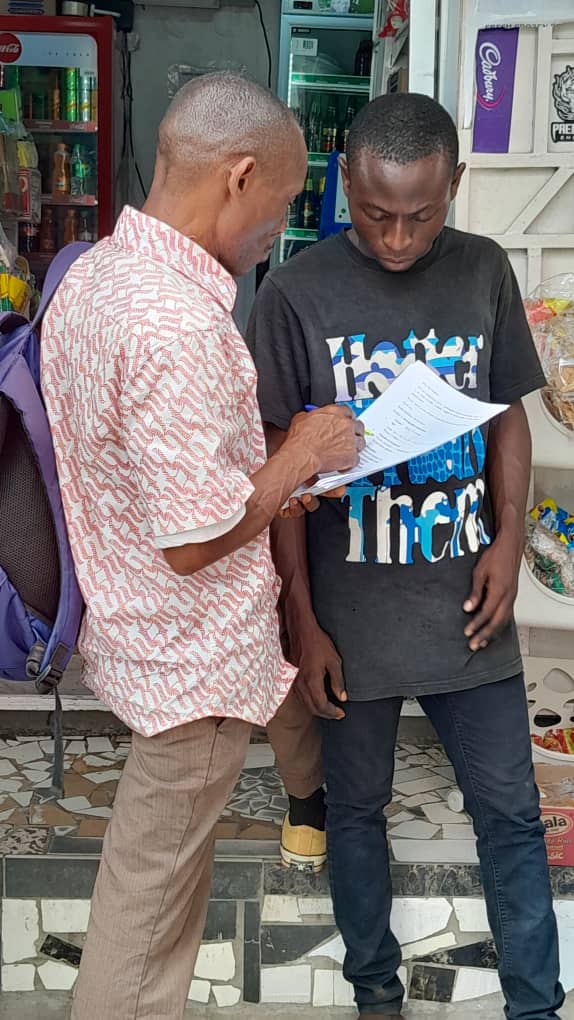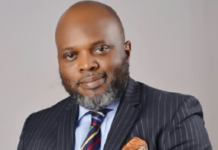The School of Politics, Policy, and Governance (SPPG) is a revolutionary social hack to solve the perennial problem of weak governance on the African continent. What has been found through empirical research and inquiry at Harvard University is that; bad politics is the root cause of governance and policy failures on the continent, which makes a case for training future public leaders to be disruptive changemakers. The SPPG is a #FixPolitics initiative that provides 33 weeks of thorough politics and policy training to cover all aspects of the leadership problem with disruptive thinking as the requisite expertise needed to govern well.
The SPPG training culminates in a capstone project as part of a community of practice (CoP) for the Certificate in Public Leadership and Policy (CPLP). The values, knowledge, and skills help graduates develop a new model of value-based political leadership with the required competency, capacity, and character to help transform governance at all African levels.
The Citizens Participation in Governance CPG-1 capstone group of the SPPG Class of 2023 has taken practical steps to investigate the remote and immediate causes of citizens’ non-participation in politics and governance issues in Nigeria. Citing data from the Independent National Electoral Commission (INEC), the group looked into the causes of low voter turnout in Nigeria’s 2023 general election through a rigorous scientific method of data collection and research analysis. Despite widespread enthusiasm, with over 10 million newly registered voters out of the total 93 million registered voters in the election, a meager 27% voter turnout was recorded post-elections. This makes it the lowest voter turnout in Nigeira’s election history in 44 years.
Key insights from the study will be presented in a research paper as ‘Strategies for Activating Citizens Participation in Nigeria’ – an advocacy effort dubbed #ActiveNigerian by the research investigators.
“This research was enlightening because it helped illuminate the root causes of low voter turnout, like disillusionment, socioeconomic strain, poor electoral infrastructure governance, and voter suppression. A key insight is that the low participation of citizens in politics and governance in Nigeria is not necessarily low enthusiasm. Nigerian citizens are more than willing to hold their leaders accountable. They need to learn how, and that’s what our capstone project presents, a research methodology for actively participating in governance,” Evelyn Dan Epelle, Policy Analyst and co-lead of the CPG-1 capstone group research development committee, said about the study.
Citizens’ Participation in Governance refers to the active involvement of citizens in the decision-making process and implementation of policies and programs that affect their lives and the overall development of their society. It involves citizens exercising their rights, duties, and responsibilities through various participation channels, such as voting, attending public meetings, engaging in public debates, giving feedback to government officials, budgeting, and joining civil society organizations.
“Active citizens’ participation in governance is the cornerstone of a vibrant democracy as it makes for accountability, transparency, and inclusiveness. We believe that the voter turnout of 28% merited investigation and that no sound conclusion should be reached without data,” Dr. Samson Abanni, the group co-lead, seconded about the importance of the study.

The capstone group chose Omole estate in Lagos as the sample community since Lagos state had one of the lowest voter turnouts at 18.95% of registered voters. The research used questionnaires to obtain data from a cross-section of the estate, cutting across gender, religion, level of education, and social class. According to the group, the study supports fundamental truths at the SPPG about citizens’ habits, attitudes, and practices towards politics and governance, that public policy should be grounded in data and not mere anecdotes.
The study looked beyond the factors that hindered citizens from participating in the 2023 general elections to query why citizens hold back from participating in governance generally.
“I am positive for the future. Young Nigerians have made their stance clear. That stance is democratic, vibrant, full of participation, voting for great candidates, shunning electoral violence, and working for a better Nigeria,” Rinu Oduala, an activist and member of the capstone group, said in response to how the group feels that the experiences of young people in the 2023 general election will impact future participation in elections and governance.
Other members of the CPG-1 capstone group include; Ogechukwu Ezeh, Obidare Samuel Oluwafemi, Abiola Oluwafemi Oladotun, George Erefagha Ikoli-Spiff, Akintayo Oloko, Ifeoluwa Oyedeji, Mercy Oge Onyukwu, Grete Owete, Dibang-Achua Raymound Odu Ph.D., Goodness Omatule and Desmond Ekeh.
The SPPG Class of 2023 is expected to complete the program in September. Public dissemination of the research effort through media and civil society engagement has begun.










